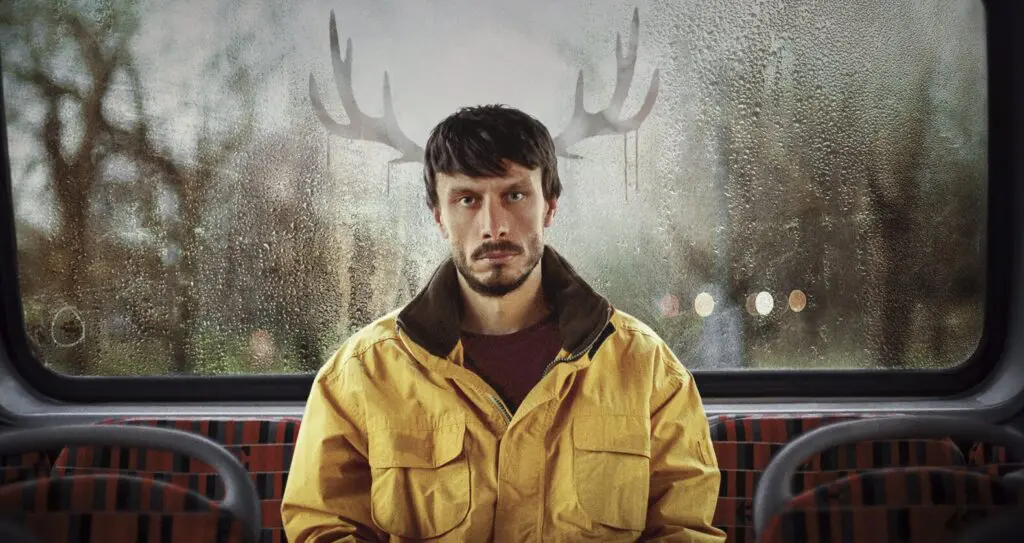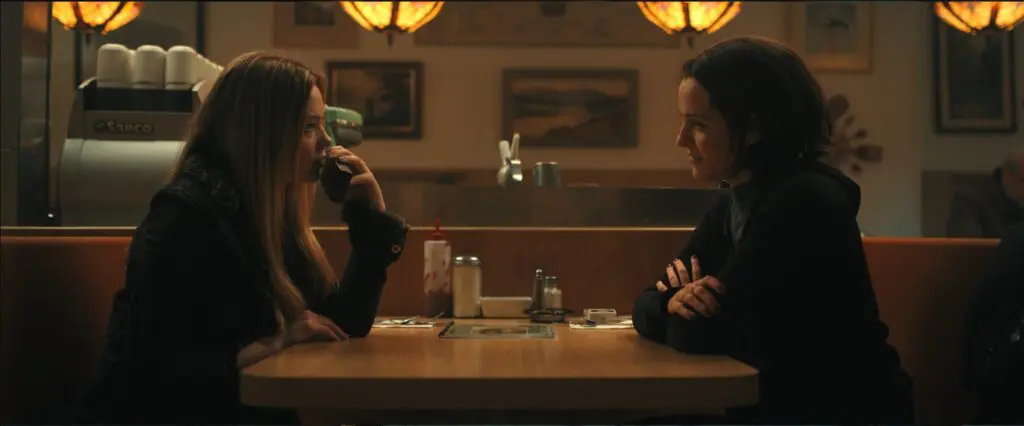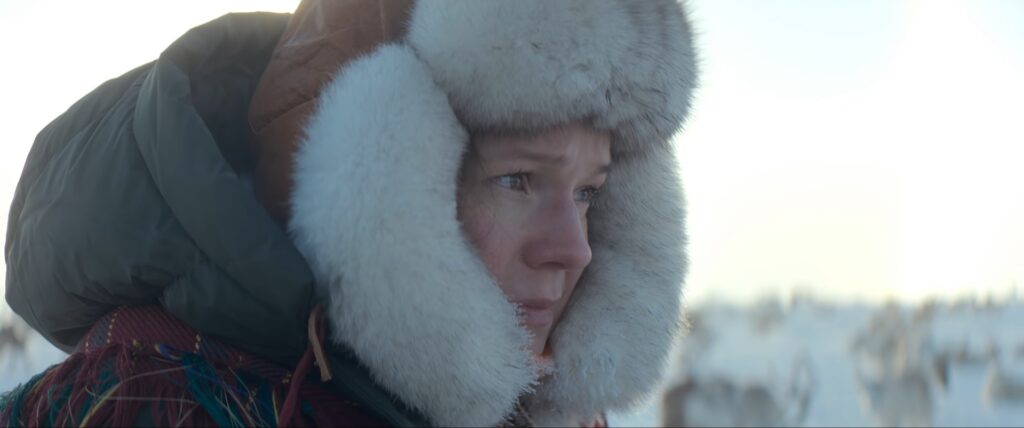Ready Steady Cut - The Latest Streaming, Entertainment, Movies, People and True Crime News
Netflix
Streaming Service
TV
TV Reviews
‘Baby Reindeer’ Review: Richard Gadd's Dark Comedy Dives Deep into the Nightmare of Obsession
April 14, 2024
Daniel Hart


Amazon Prime FreeVee
Amazon Prime Video
News
Streaming Service
The Streamer's Guide to Prime Video and Freevee in May 2024
April 18, 2024
Jonathon Wilson



Hulu
Streaming Service
TV
Weekly TV
Under the Bridge's Premiere Lays Out A Gripping, Haunting True Story
April 17, 2024
Jonathon Wilson



Movie Reviews
Movies
Netflix
Streaming Service
'Stolen' Review - Pretty Netflix Film Puts Its Message Ahead Of Its Drama
April 17, 2024
Lori Meek



